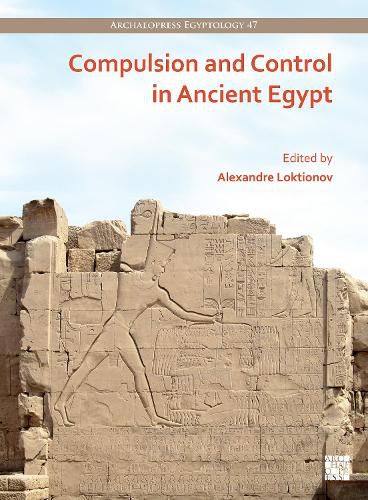Readings Newsletter
Become a Readings Member to make your shopping experience even easier.
Sign in or sign up for free!
You’re not far away from qualifying for FREE standard shipping within Australia
You’ve qualified for FREE standard shipping within Australia
The cart is loading…






How did the Ancient Egyptians maintain control of their state? This book considers this question from a wide variety of angles and across all periods of Egyptian history, from the Old Kingdom to Coptic times. Topics include the controlling function of temples and theology, state borders, scribal administration, visual representation, patronage, and the Egyptian language itself. These different strands are tied together by legal pluralism theory, which argues that a single state can rely on multiple - and at times even contradictory - strategies for upholding what it considers just within the bounds of what is nominally a single jurisdiction. This theoretical approach, while increasingly common in modern postcolonial studies and the history of law, is yet to be deployed in Egyptology. This book therefore aims to fill that gap. The chapters are expanded versions of papers originally presented at the 3rd Lady Wallis Budge Egyptology conference, organised by Christ's College and held online on 27th-28th August 2020.
$9.00 standard shipping within Australia
FREE standard shipping within Australia for orders over $100.00
Express & International shipping calculated at checkout
How did the Ancient Egyptians maintain control of their state? This book considers this question from a wide variety of angles and across all periods of Egyptian history, from the Old Kingdom to Coptic times. Topics include the controlling function of temples and theology, state borders, scribal administration, visual representation, patronage, and the Egyptian language itself. These different strands are tied together by legal pluralism theory, which argues that a single state can rely on multiple - and at times even contradictory - strategies for upholding what it considers just within the bounds of what is nominally a single jurisdiction. This theoretical approach, while increasingly common in modern postcolonial studies and the history of law, is yet to be deployed in Egyptology. This book therefore aims to fill that gap. The chapters are expanded versions of papers originally presented at the 3rd Lady Wallis Budge Egyptology conference, organised by Christ's College and held online on 27th-28th August 2020.